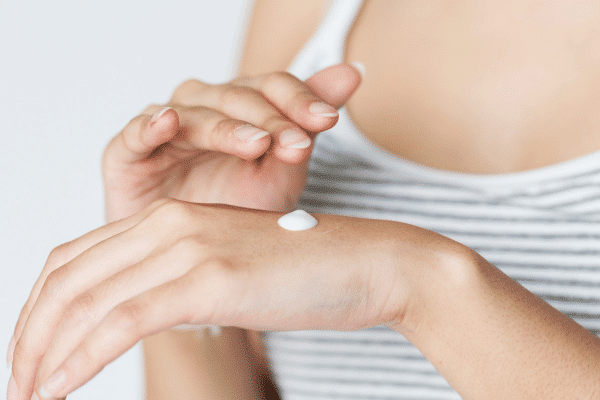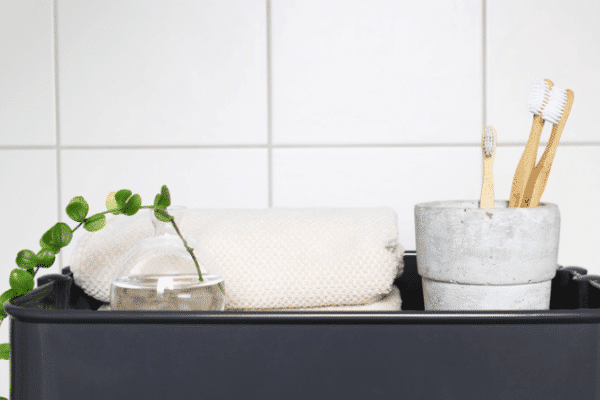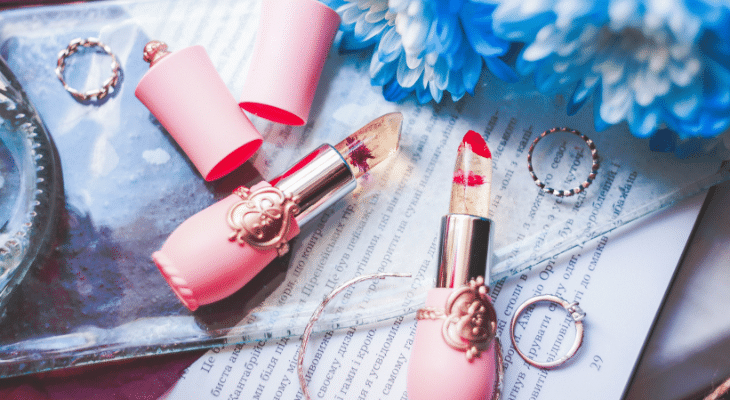Organic Industry Growth Busting into Beauty Sector
It’s no secret that Australia’s organic industry is booming. Thanks to growing health and environmental consciousness, consumers are demanding products and services that are chemical-free and ethically-produced.
Key Trends Driving Organic Beauty Industry Growth
According to the report, increasing consumer awareness about the dangers of chemical compounds in traditional cosmetics has driven industry growth.
They note that successful operators have distinguished their products from non-organic cosmetics and toiletries by luxury branding. The use of expensive organic materials and smaller production runs have assisted with this branding.
Globally, the market is expected to be valued at US$ 21,776.9 million by the end of 2024. Factors including the expansion of distribution channels, increasing online customer reach, and retailers’ shift towards offering premium personal care products on shelves have furthered the trend.
The skin care segment is expected to dominate, with a 30.9 percent share of the global natural and organic personal care products market by 2024. Hair care is next in line. The popularity of online shopping will likely be a major contributor to the significant growth predicted over the forecast period.

Ideal Opportunity for Entry-Level Businesses
The IBISWorld report notes that there are currently no companies with a dominant market share in this space. Thanks to this, and the lack of direct regulations, barriers for businesses entering the organic beauty industry are low.
For example, a new distributor could enter into a contract with a manufacturer and sell through an online store – a business model that is relatively inexpensive and easy to set up. Building relationships with different manufacturers will enable these businesses to grow.
Oborne Health Supplies, for example, is an Australian, family-owned and operated business distributing to naturopaths, herbalists, doctors, pharmacies and more. They sell 9,000 products from 350 brands – including beauty and personal care items – with qualified healthcare professionals on staff to provide advice to customers.
Others have gone into business with their own products. Clémence Organics, for example, was founded by naturopath Bridget Carmady. Responding to the lack of skincare products on the market that were organic but still delivered the luxurious feel and results of big-name brands, she decided to make her own.
Similarly, two pharmacists saw an opportunity for a simple, effective skincare solution for men. The resulting product – Native Man – features just two Australian certified organic products touted to cover a man’s grooming needs.
According to the report, keys to success in the industry are having a wide and expanding product range, developing strong links with suppliers and effective product promotion.
Celebrities Contributing to Organic Beauty Growth
And it’s not just families or individuals that are getting onboard with the organic beauty trend. Celebrities are doing it too. Australia’s own Miranda Kerr founded KORA Organics, which is expected to be stocked across 25 countries in more than 2,500 stores by the end of 2018.
Rather than creating their own, other celebs are opting for existing organic brands – Sarah Jessica Parker is reportedly a John Masters Organics regular, Gwyneth Paltrow favours Pangea Organics and Juice Beauty has followers including Candice Bergen, Cameron Diaz, Ashley Judd, Toni Collette and Madonna – to name a few.

The Humble Co – Bamboo Toothbrush
Organic and Eco-Conscious – a Profitable Partnership
Just as celebrities and beauty go hand-in-hand, it seems organic and eco-conscious products make a good match. The IBISWorld report notes that many firms have marketed their beauty and cosmetic products as being carbon neutral or environmentally friendly.
This makes sense, given that consumers demanding organic products are driven by health and eco-consciousness. Savvy businesses are capitalising on this desire by highlighting the environmental and/or social benefits of their offerings.
OmMade Organic Skincare, for example, have a range of face, body and dental products that are “natural and eco-friendly”. Their packing is eco-friendly and many products are refillable. OmMade donate $1 to Sea Shepherd Australia for every in-store refill.
The Humble Co is another example. They sell a toothbrush made from natural bamboo, and every purchase helps towards funding a project for children in need of oral care around the world.
Organic cosmetics are relatively new to the market and the industry is in the growth phase of its economic life cycle. Now could be the ideal time to grow a business in the organic beauty space, or add organic beauty products to your existing offerings.
-
Get your FREE ticket
- REGISTER FOR FREE
